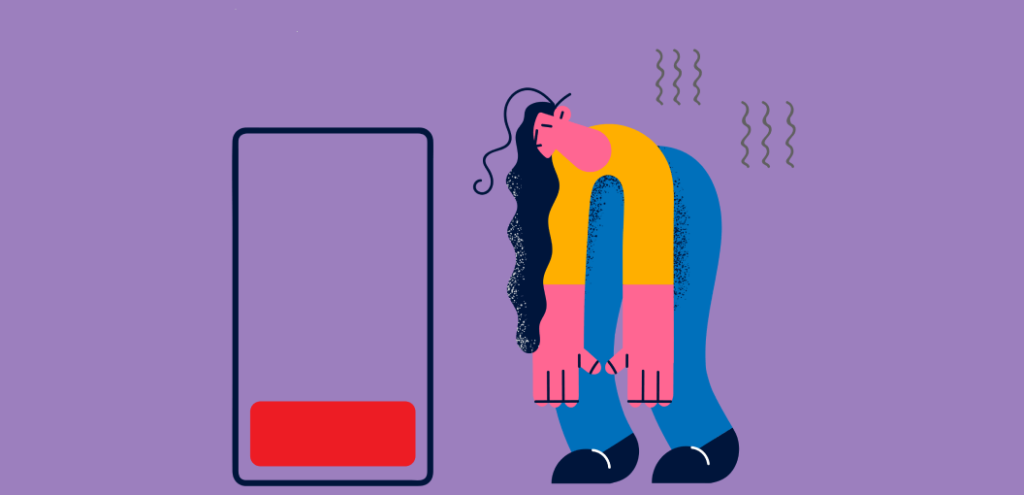Attending an interview is usually one of the hardest things for most people. If you don’t prepare yourself properly, you are almost guaranteed to fail. Many people don’t even know how to introduce themselves professionally, so interviews are usually a dreading experience for them.
“What are your strengths and weaknesses?” is a common interview question today. Answering this question can be quite tricky since there are different ways to do it, and you are never sure what the interviewer is really looking for.

Table of Contents
What the Interviewer Wants to Know
When you interview for a job, you typically research and note down some answers to common interview questions you think you might be asked. Although a good move, this does not always help you understand what the interviewer might be looking for.
Ideally, interviewers want to get a feel for what they are getting. They want to observe how you verbally communicate your strengths and weaknesses and respond to a challenging question.
Here is a strengths and weaknesses list to help you understand what interviewers are looking for.
Strengths
- Analytical
- Good time management
- Teamwork
- Leadership
Weaknesses
- Not comfortable taking risks
- Shy
Interview Questions and Answers About Weaknesses

As an applicant, you will likely be asked to answer one or more questions that deal with your weaknesses. When answering these questions, you should express your sincere interest in moving forward and overcoming the liability while offering concrete suggestions for improving your ability to handle it in the future.
A weakness can signal to your interviewer that perhaps you are not a good fit, but you should try to show the interviewer that it won’t limit you.
Let’s look at the common interview questions about weaknesses and how to answer them effectively.
1. What Is Your Greatest Weakness?
When an interviewer asks you this question, they are trying to see if you are willing to admit you have weaknesses. And also, see if you have made any effort to improve them. So, when discussing your weakness, always do it from a perspective of personal development and commitment to growth.
Example answer:
I don’t think I have a lot of anxiety, but I have always had an issue with public speaking. It makes me uncomfortable, which always makes me avoid it as much as possible. However, I’ve been trying to get over it by signing up for classes to help me leave my comfort zone. It seems to be working well, and I’m enjoying it.
2. What Part of the Job Will You Find Most Challenging?
When answering this question, you’ll want to analyze the job at hand and think about which tasks will be most difficult for you based on your past experiences. Choose aspects of the job that will not hinge on your work output. For instance, if you’re interviewing for a writing position, you can say that you are not the best self-editor, so you might find it a bit tricky. But you have been working on improving your editing skills to ensure you give the editors an easy time editing your work.
Example Answer:
I am used to a specific writing style, meaning I’ll adjust to a new style that fits the company’s content needs. However, I will figure out a way to keep things efficient and ensure I am still accurate in my work despite the style change.
Here are other interview questions about weaknesses that you might be asked:
- When was the last time you were late?
- Do you find it difficult to make decisions?
- Have you ever been criticized by your boss? What was the reason?
Interview Questions and Answers About Strengths

Interview questions about strengths reveal your talents and passions and show how you can be an asset to the employer. The best way to answer this question is by citing strengths that you feel give you an edge over other candidates. However, this should include skills you possess to avoid frustrations when you get the job.
Here are common interview questions about strengths and how to answer them.
1. What Is Your Greatest Strength?
This question determines whether your best skills are good enough for the job. Here, the interviewer is looking for something that makes you stand out from other candidates. Therefore, think outside the box when responding to this question.
Example Answer:
I have a solid work ethic, and I’m pretty organized. I also have great time management skills that enable me to meet all my deadlines. In my last working place, I received a favorable performance evaluation from my supervisor, who attributed my success to my ability to get things done quickly without cutting corners.
2. What Particular Strength Will Help You Best Succeed in this job?
This question requires you to answer with your most relevant skills that will help you execute your assigned tasks without fail. It also helps the interviewer get more information on whether you are a good fit for the position.
It’s important to set the right tone in the responses to this question and be careful not to sound arrogant. Think of this as an opportunity to be humble and recognize all the skills, traits, and experiences you bring to the table.
Example Answer:
I’m fascinated by learning and understanding human behavior. So, I am pretty good at reading people and connecting with them. That’s why I’m a great fit for this marketing internship.
Other interview questions about strengths to expect:
- What do you expect to achieve in 30 days on the job?
- What are the two most important strengths you bring to this position?
Tips for Giving the Best Answer
Below are some tips to help you figure out how to give the best answers in an interview.
Be Honest
One of the best ways of passing an interview is, to be honest with your answers. Therefore, don’t lie about your strengths and weaknesses because even if it helps you get the job, the employer will likely find out soon.
Answer Positively
When answering interview questions, it’s important to focus on your strengths. When asked to explain the events that led to a success or failure, remain focused on what you learned from the experience and how you could have handled things differently.
Focus on Your Strengths
When asked about your strengths, remember that your interviewers want to know what you’re great at and how you can benefit their company. So, state the most relevant skills that would make you a good fit for the job.
Be Brief
Unless asked for a detailed answer, always try to give brief answers. This is especially true for questions like “Tell me about yourself.” There is no need to give a detailed answer about your life.
What to Avoid
How you answer an interview question can make or break your chances of getting the job. Here are some things to avoid to help increase the chances of you passing the interview:
Avoid General Answers
When answering interview questions, avoid giving general answers. Such answers give the impression that you might not be knowledgeable enough about the topic.
Avoid Expounding on Your Weaknesses
Expounding on your weaknesses is never the best idea. To be on the safe side, acknowledge them and show your willingness to improve.
Conclusion
When attending an interview, you are almost certain the interviewer will ask about your strengths and weaknesses. Hopefully, this article has helped you see how to go about it.